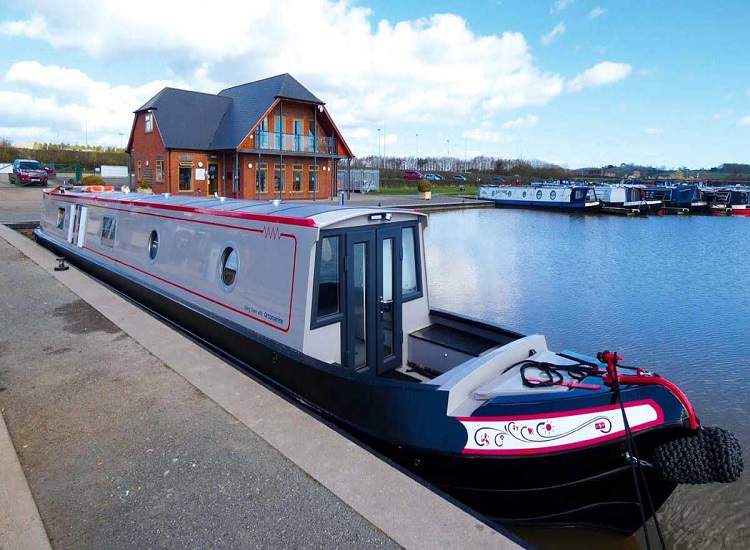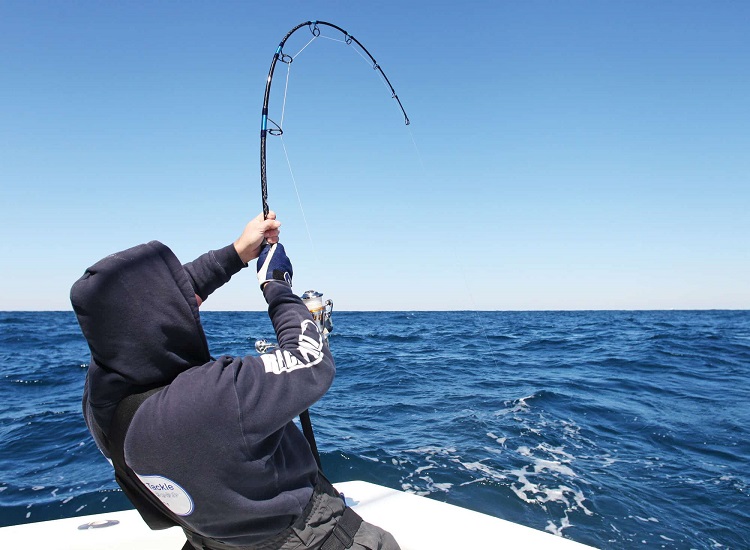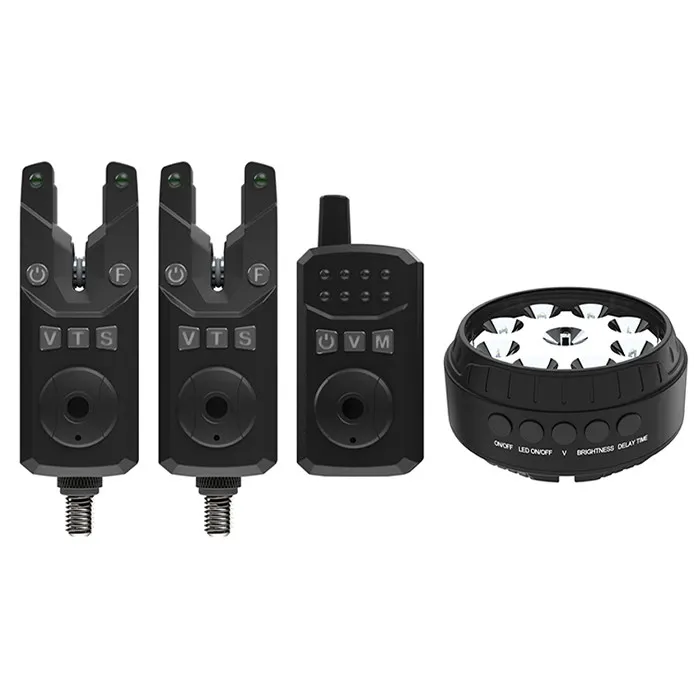As technology advances, traditional gasoline-powered boats are being replaced by their more eco-friendly counterparts: electric outboard motors. These innovative motors operate silently, emit zero emissions and require little maintenance. That’s why they’re becoming increasingly popular in the UK boating industry. In this article, we’ll explore what electric outboard motors are, how they work and why they’re the future of boating in the UK. Join us as we dive into the benefits and drawbacks of these cutting-edge engines!
What are electric outboard motors?
Electric outboard motors are engines that power boats and other watercraft using electricity instead of gasoline or diesel. Unlike traditional engines, electric outboards use battery packs to create the energy needed to propel a boat through the water.
These environmentally-friendly motors come in different sizes and power ranges, from small trolling motors for fishing boats to larger ones capable of powering high-speed vessels. They’re also available in both tiller handle and remote control versions.
One of the most significant benefits of electric outboard motors is their silent operation, which allows boaters to enjoy nature without disturbing it with noisy engine sounds. Additionally, since they don’t produce exhaust fumes or require oil changes like traditional engines, they’re much more eco-friendly.
However, it’s important to note that electric outboards have some limitations compared to gas-powered ones. Their range is often shorter due to battery life limits, and charging times can be longer than filling up with fuel at a gas station. Nonetheless, advancements in technology continue to improve these aspects as well.
Electric outboard motors offer an exciting alternative for boaters who want a quieter and cleaner way of exploring our oceans and waterways.
How do electric outboard motors work?
Electric outboard motors are a new and innovative way to power boats without relying on fossil fuels. These motors use electricity stored in batteries to turn the propeller and move the boat through the water.
The process starts with a battery, which is connected to an electric motor that powers the propeller. When you turn on the motor, it sends an electrical current from the battery to the motor’s coils, creating a magnetic field that forces the rotor inside to spin. This rotation then turns gears inside of a gearbox which drives energy down into your shaft before being pushed out by your propeller blades.
Unlike traditional gasoline engines, electric outboard motors have instant torque and no lag time between giving throttle and getting up to speed. They also produce no emissions or noise pollution, making them ideal for eco-friendly boating trips.
However, it’s important to note that electric motors do have their limitations. Battery life can be limited depending on usage and charging time can take several hours. Additionally, they may not be suitable for larger boats or long-distance journeys due to their limited range.
Electric outboard motors offer many benefits over traditional gas-powered engines but require careful consideration before purchasing as range limitations could impact your boating experience if not taken into account beforehand!
Why are electric outboard motors the future of boating in the UK?

Electric outboard motors are the future of boating in the UK for several reasons. The first and most obvious reason is that they are environmentally friendly. Traditional gasoline-powered boats produce a lot of harmful emissions, which can have a devastating impact on marine life and ecosystems. By switching to electric outboard motors, boaters can reduce their carbon footprint and help protect our waters.
Another reason why electric outboard motors are the future of boating in the UK is their efficiency. Electric motors use energy more efficiently than gasoline engines, so you get more power for less fuel consumption. This means longer trips without worrying about running out of gas or damaging your engine.
Furthermore, electric outboard motors offer quieter operation compared to traditional engines. Boaters will be able to enjoy a peaceful experience on the water without disturbing wildlife or other people nearby.
With advances in battery technology, electric outboard motors have become more powerful and reliable than ever before. They also require less maintenance since they don’t have as many moving parts as traditional engines.
It’s clear that electric outboard motors are leading innovation in boating technology while also being environmentally conscious and cost-effective choices for boat owners in the UK who want to be part of a sustainable future on our planet’s oceans and lakes!
Electric outboard motor benefits
Electric outboard motors are the future of boating in the UK, and for a good reason. They come with numerous benefits that make them an excellent choice over traditional petrol-powered ones.
One major advantage is their eco-friendliness. Electric outboard motors do not emit any emissions, which helps reduce pollution levels in waterways and protects marine life.
Another benefit is their cost-effectiveness. Although electric outboard motors may have a higher upfront cost than petrol-powered engines, they save money in the long run because they require less maintenance and fuel costs compared to conventional options.
Moreover, electric outboard motors are significantly quieter than their counterparts, making for a more peaceful boating experience without disturbing wildlife or other boaters nearby.
They also provide instant torque, providing immediate acceleration when needed while allowing you to manage your speed better.
Electric outboard motors can be charged using renewable energy sources such as solar panels or wind turbines, reducing reliance on non-renewable fossil fuels and creating a more sustainable way to power boats.
It’s clear that there are many benefits associated with choosing an electric outboard motor over traditional petrol-powered options.
Electric outboard motor drawbacks
While electric outboard motors offer a lot of benefits, there are also some drawbacks that potential users should be aware of. One major disadvantage is the limited range that electric motors have compared to gasoline-powered ones. Electric motors rely on battery power, and if you’re planning to go on long trips, you’ll need to make sure you have enough charge or bring extra batteries.
Another drawback is the upfront cost. Electric outboard motors can be more expensive than their gas-powered counterparts, although they may save money in the long run due to lower operating costs and maintenance requirements.
Additionally, charging times can be longer than filling up with gas at a fueling station. This means you’ll need to plan ahead for when you want to use your boat and make sure it has enough time to charge before heading out onto the water.
While electric motors are quieter than traditional engines, they may not provide as much power or speed as some boaters require for certain activities like water sports.
While there are some drawbacks associated with electric outboard motors for boats in the UK¸ these should be weighed against their many advantages before making a final decision about which type of motor is right for your needs.
Conclusion
Electric outboard motors are the future of boating in the UK. With their many benefits such as being environmentally friendly, cost-effective and low maintenance, it’s no wonder they are becoming more and more popular among boat enthusiasts.
While there may be some drawbacks to consider such as limited range and upfront costs, these can easily be outweighed by the long-term advantages. As technology continues to improve, we can only expect electric outboard motors to become even more efficient and practical for everyday use on our waterways.
If you’re considering purchasing a new motor for your boat or replacing an old one, it’s worth taking a closer look at electric outboard motors as a viable option. Not only will you be doing your part for the environment but you’ll also save money in the long run while enjoying a quieter and smoother ride on the open waters of the UK.






